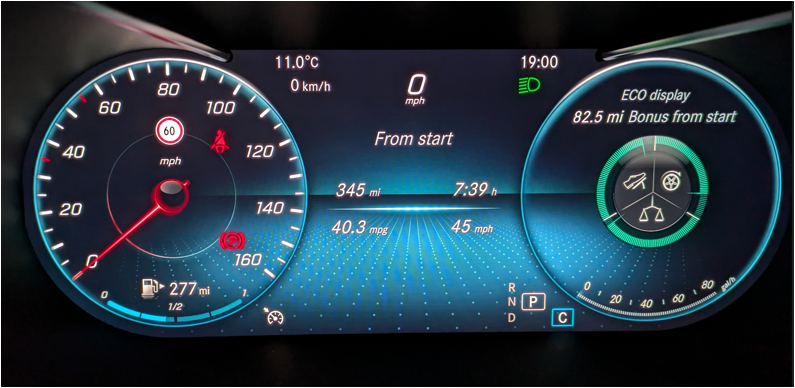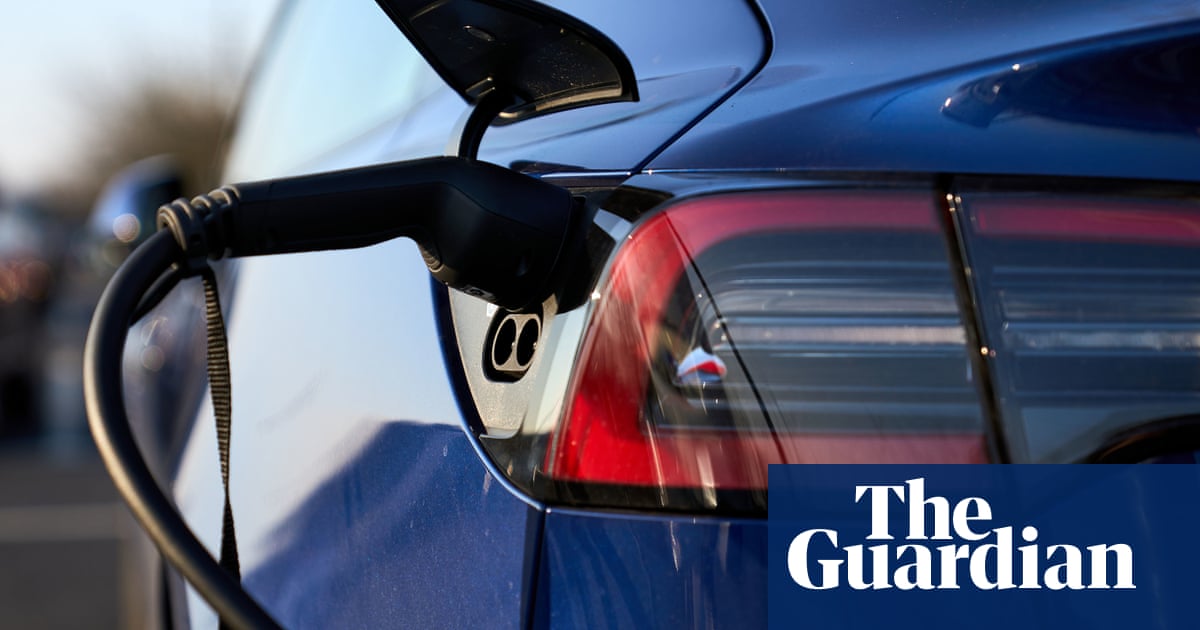Do not, under any circumstances, replace your C300 with a modern EV.
EV's rubbish, badly built, cheap and irritating to drive, even if they can genuinely do 3-400 mile range on home electricity at a cost of about £8 - 10 instead of £70
The next generation will be better.
On your 345 mile round trip, if you were in a Long Range Tesla 3, you would have had to stop once for 12-15 minutes at a high speed charger to add 120 miles to the "nominal" 348 mile range that was in the car when you left home, to give you 470 total range, which would comfortably get you back home, where you could just plug your car into your three pin socket and fill 'er up.
Range, exploding batteries, and battery failure are not the issue with the EV transition, it's quality and price relative to the best ICE equivalents.


